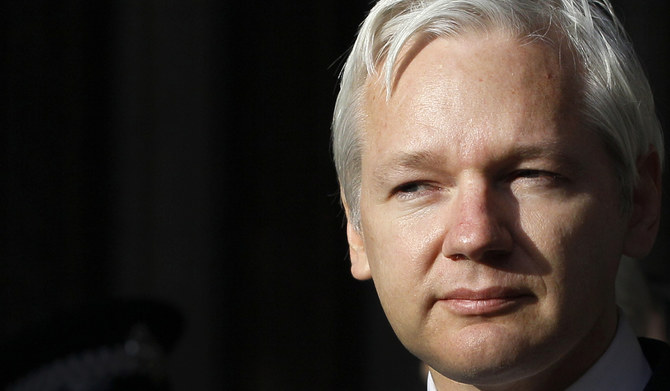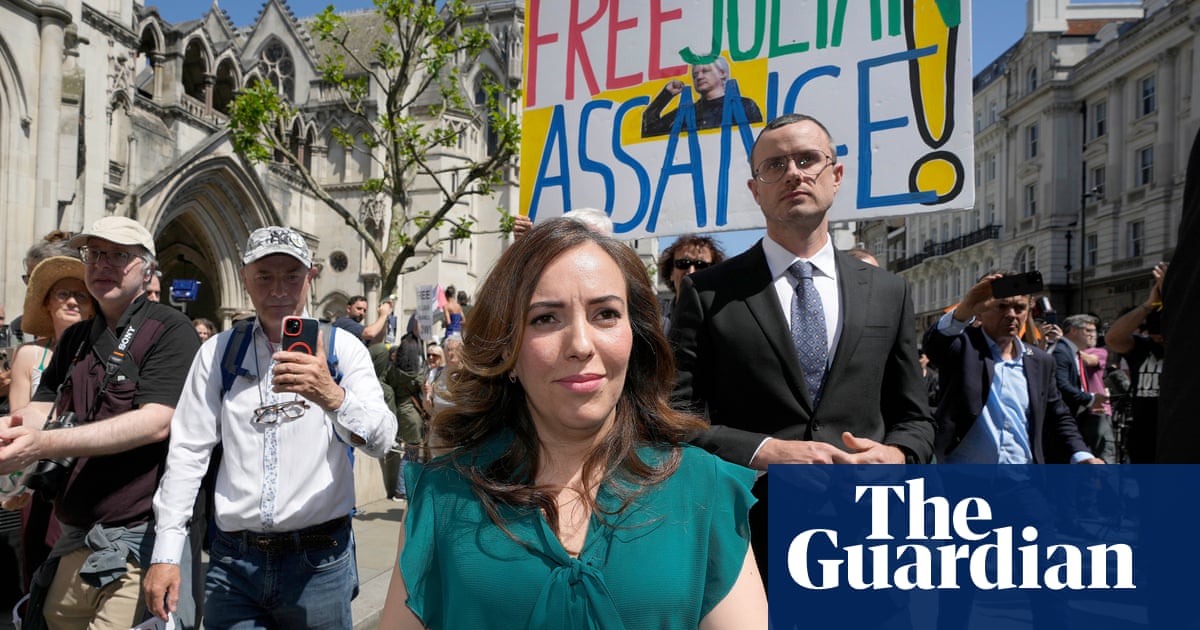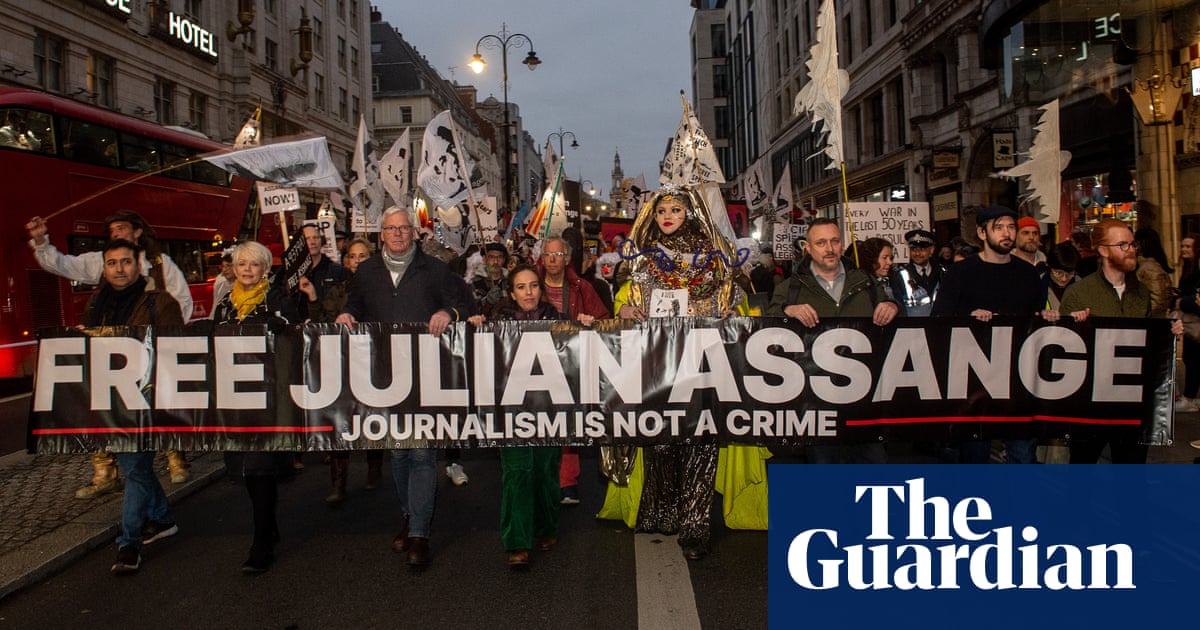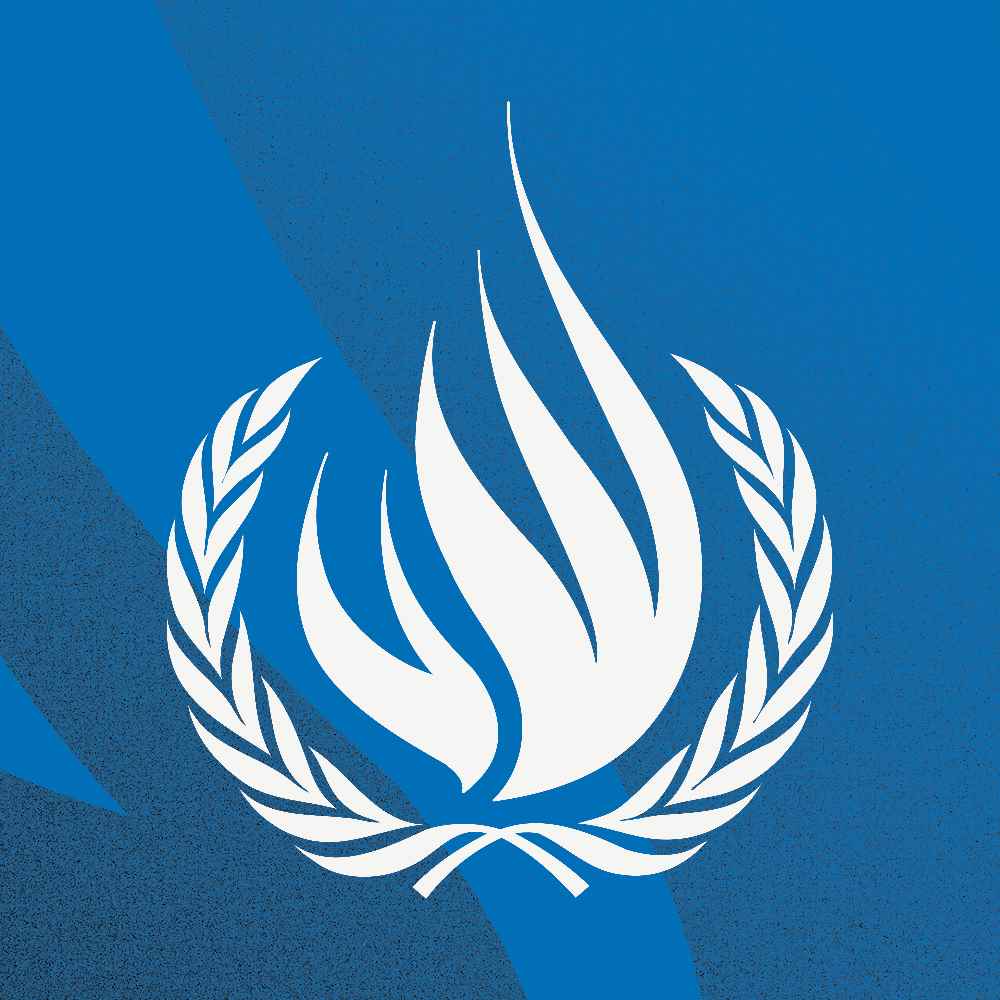
EVILARD, Switzerland: Julian Assange is not guaranteed a fair trial in the United States, a UN rights expert told AFP Friday, questioning the US justice system’s credibility in national security cases.
The United Nations special rapporteur on torture and other cruel, inhuman or degrading treatment, Nils Melzer, also said that the manner in which Ecuador terminated Assange’s diplomatic protection broke international norms.
But Melzer made clear that his greatest concerns for the WikiLeaks founder — arrested by British police on Thursday after spending almost seven years in Ecuador’s London embassy — stem from Assange’s possible extradition to the US.
“I’m worried about fair trial,” said Melzer, one of several UN rapporteurs active on the Assange case.
“I’m worried that he might be exposed to (the) detention practices of the United States, which in part are very problematic,” he added.
“The United States in the last decade unfortunately has not proven to be a safe state with regard to the provision of torture in cases that involve national security,” Melzer added.
Melzer has previously raised alarm about alleged torture in the US detention facility at Guantanamo Bay, as well as over the use of waterboarding, which President Donald Trump has labelled an effective interrogation technique.
The US request to extradite Assange is set to be heard in British court on May 2.
US officials have unsealed an indictment against him for computer hacking as part of his WikiLeaks whistleblowing activities.
But Melzer echoed concerns that the US charge sheet could be expanded, especially if the Justice Department gets Assange on US soil.
The UN expert argued that regardless of one’s personal view of Assange, “from a human rights perspective, he was basically doing the same thing that investigative journalists do all over the world,” by publishing information that states try to conceal.
The national security implications of the charges, combined with the fact that the US practices the death penalty, is “obviously a very serious concern,” the UN expert further said.
Turning to the arrest, Melzer conceded that “theoretically” Ecuador had the right to terminate Assange’s protection and strip his citizenship.
“But in a state that is governed by the rule of law, these types of steps are to be taken in a procedure that is subject to legal remedies and appeals,” added Melzer, a Swiss national who also teaches international law at the University of Glasgow.
The “shortcuts” taken in the run up to the arrest are “very, very problematic,” he said.
“The rule of law is not being respected.”
Melzer, like all UN special rapporteurs, is an independent expert appointed by the Human Rights Council who does not speak for UN Secretary General Antonio Guterres.
Guterres’s top human rights official, High Commissioner Michelle Bachelet, has not condemned the arrest.
Bachelet’s spokeswoman, Ravina Shamdasani, told reporters in Geneva on Friday that the high commissioner expects “all relevant authorities to ensure that Mr. Assange’s right to a fair trial is upheld.”












